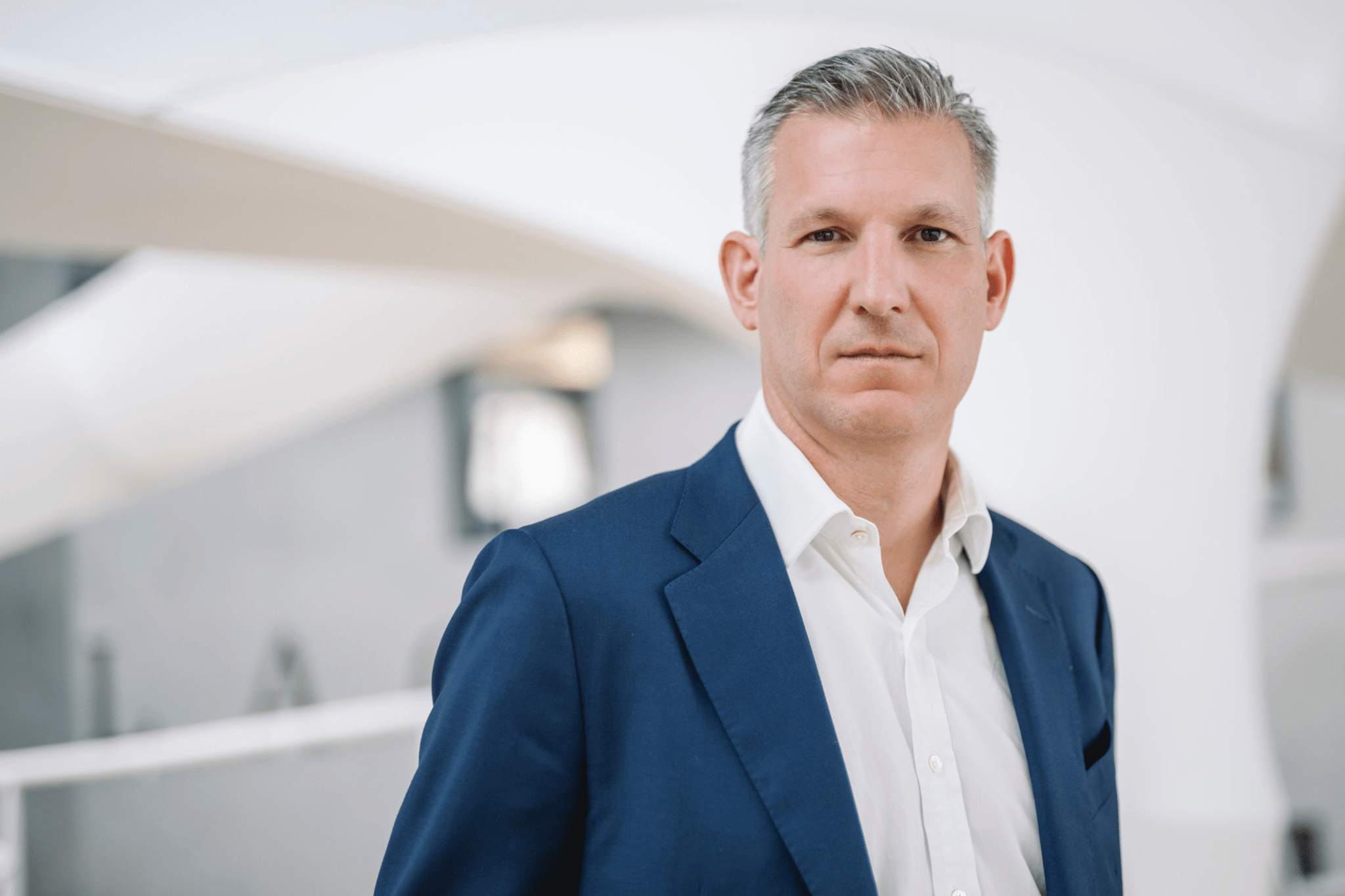It’s not typical that one of a company’s founders steps into the chief AI officer (CAIO) role, but that’s exactly what Nick Ganju has done at Zocdoc, an online platform for booking medical appointments.
As companies increasingly create the CAIO role, they’re typically tapping internal product directors, vice presidents of data analytics, or outside hires. Zocdoc, however, sees a range of benefits in having a core leader in the position—in particular, the signaling of AI as the company’s strategic focus.
“If we hired some new person that came in like, ‘AI this’ and ‘AI that,’ it would have less of an impact than one of the guys who made the company now thinking it’s important,” said Ganju. “It sounds immodest, but you can see the difference that creates.”
The sway of the founder CAIO
Ganju, previously the company’s chief technology officer, started his AI journey in 2018, doing deep dives on neural networks and the mathematical underpinnings. It struck him as very promising tech, but novel. He didn’t think it was quite ready for business, but was certainly something to keep an eye on.
This of course all changed in 2022 with the entrance of ChatGPT and rise of large language models, which catapulted AI from interesting research to a real business opportunity, according to Ganju.
“I did shift 100% to wondering what we could do at Zocdoc with AI, and I sort of corralled a team to start working on this stuff and started making it a major strategic focus for Zocdoc,” said Ganju, who officially stepped into the CAIO role in July 2023. “As a founder, you have a little bit more political capital to be like, ‘Hey guys, this is important. We need to go do this.’”
The power of that sway is a driving reason why Ganju ultimately took on the CAIO role. It was a clear way to signal to the rest of the organization how the company is reacting to this moment in tech and that it’s taking AI seriously. And for Ganju, it gave him more authority to focus not just on the tech side of AI, but the strategic and business sides as well.
“I have a responsibility to AI-ify the rest of the organization, which is not just engineering. For example, what are the sales tools or marketing tools AI has enabled that didn’t exist last year or two years ago but are creating massive boosts in productivity? There are AI tools that are automating all SEO-related tasks,” he said. “And so there’s a whole new suite of tools, and it’s my responsibility to not just make this voice agent work, but to make sure that the whole company is coming along with its adoption of AI tools, because every department is touched by them. And so this CAIO title helps me have a span of influence where I’m not just helping engineering, but the other departments that need this AI-ification, too.”
Time to build
The tech behind the Zocdoc platform was a priority in the early years of the company, which was founded in 2007, but this shifted around 2015, when the company went through a major business model transition.
“We were all, including me, focused on getting that business model transition done. An intricate detail of that transition is that it had to happen state by state, and so we had to shift each market one by one, and that was a very arduous process. But it was successful in unlocking our next phase of growth,” Ganju said.
Now, with the opportunities around AI, the company is back in tech mode. But it’s not just any tech but rather specifically AI, and the differences between AI development and traditional software development, combined with that AI priority, are yet another reason Ganju is overseeing AI and not just tech more broadly.
“Deep AI research and development is quite a different skill set than software development,” he said. “This whole tweaking of neural nets and neural net architecture and stuff is way more math and statistics than it is traditional software engineering, so there’s a distinct skill set there. AI and ML [machine learning] engineers have a different skill set than what you think of as a web developer or a mobile developer.”
There’s also the fact that Zocdoc is building truly AI-first products. The company’s first major AI launch was a voice agent that answers phones on behalf of doctors’ offices, offering another way to improve the logistical side of tedious appointment booking for patients and doctors alike. That product was built from the ground up around AI and was possible only because of AI, as opposed to augmenting an existing product with AI.
Ganju is also getting hands-on with the AI technologies he’s expecting the company’s workforce to use and create, which only further builds trust and gives him authority in leading AI engineers and AI-ifying the company overall.
“I went back to soup to nuts and wrote the first cut of the voice agent myself in 2023. And I was using the first cuts of the [AI coding tools], with Cursor being our internal tool,” he said. “And so when I press for more Cursor usage, I know what I’m talking about. I know what the expectations should be. I’m not an ivory tower guy.”
This story was originally featured on Fortune.com

 2 hours ago
1
2 hours ago
1
















 English (US) ·
English (US) ·